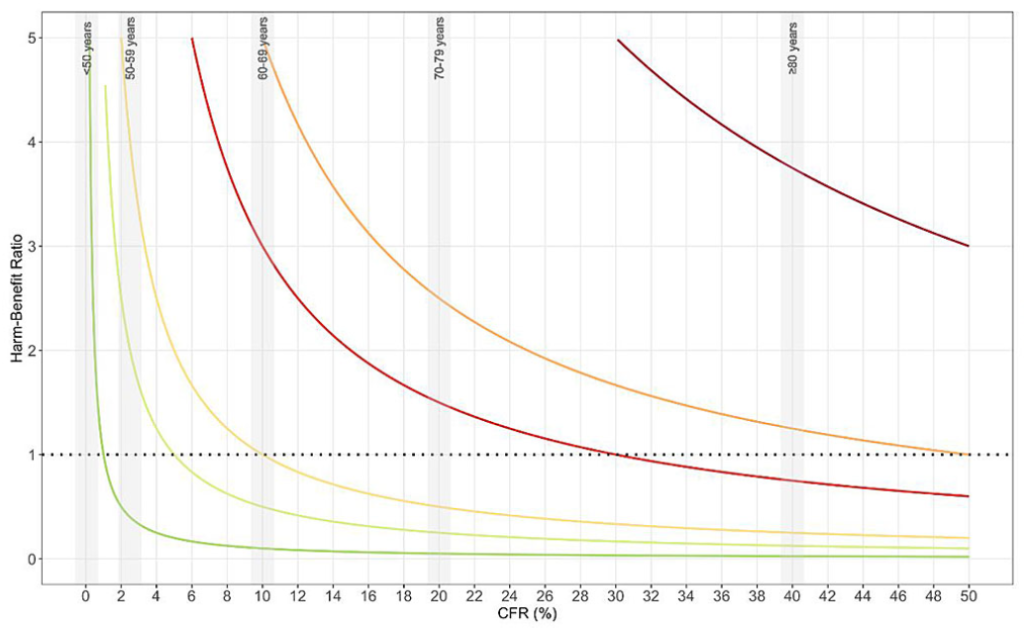With biomedical statistics, information can be abstracted from a wide range of sources (e.g. experiments, clinical trials, routine data in electronic medical records, omics-data) to make data understandable and actionable. This step is reductionistic – meaning that data is often summarized with a few key metrics.
In the last years, there have been substantial developments in analytical methods, but they cannot solve underlying procedural and data quality issues: Many machine learning projects fail as the necessary procedures, infrastructure, and valid data are missing. In biomedical studies, it is often better to stick to less complex methods first to describe your data; efforts should be focused above all on the design phase to get it right from the beginning. Complex methods may have an added benefit in special cases, but they should only be used when less complex statistics are not sufficient. In either way, they are no substitute for thought or compensation for poor project design and data quality.
We would be happy to support you with the design of your data project – to get it right from the beginning in the most efficient way.












